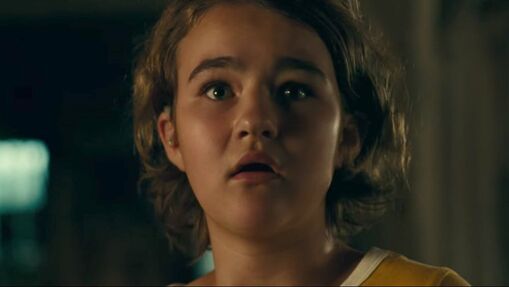 July is Disability Pride Month, which I’m willing to bet most of you didn’t even know existed... ...That’s okay, though, because I didn’t either for a long time. To celebrate this oft overlooked month, I’m bringing you, in alphabetical order, five of the best representations I’ve found horror has to offer. Along the way, I’ll tell you what I love about each of them. May this representation continue! Charlie from Hereditary (2018) I have some complex feelings about Charlie (Milly Shapiro) and the use of disabled/disabled-appearing people as front-and-center promotional material, but that is an article for another time. I wasn’t originally going to include her on the positive end, because I got really exhausted with people assuming she was disabled when she wasn’t. Except, in researching for this list, I discovered allergies like hers are covered under the ADA! So, I was wrong. I educated myself, and here she is. But why? Well, it turns out Charlie’s tragic big sequence is actually one of the most accurate representations of anaphylaxis out there. Given how difficult it is for genuine representation to find a space in horror, and most forms of media generally, every instance deserves to be celebrated until it becomes so commonplace I’m not digging around for it like an archaeologist for extinct animal bones. Maddie from Hush (2018) Being disabled and surviving a horror movie are, more often than not, mutually exclusive identities. You cannot do both at the same time. Recently, however, disabled survivors are forcing their way to the spotlight, and I could not be happier to see it. Maddie (Kate Seigel), our deaf-mute protagonist, is one of my favorite disabled survivors because she uses things that make her life easier against her attacker. Things around her house that allow her independence completely debilitate the man who thought a disabled woman’s home would be the easiest target in the world. Plus, she’s fully aware of her disadvantages, and therefore has an idea of how he’s thinking and how to outsmart him. The only way to survive when you’re disabled is to do the unexpected, always. Unfortunately, there are some drawbacks to Hush as well, so you’ll see her again soon. Regan from A Quiet Place (2018) The more I read about Regan (Millicent Simmonds), the deaf eldest daughter of the Abbott family, and what drove her casting, the more I love it. The choice to cast a deaf actress in a deaf character’s role shouldn’t be as novel or rare an occurrence as it is, but here we are. More importantly, John Krasinski’s reasons for casting Simmonds are exactly the reasons everyone should have when it comes to disabled roles: the opportunity for realistic representation and the chance to learn from someone who lives that life every day, in order to get a sense of what that experience is really like and better inform the movie. No fabrication from inside an able-bodied man’s head for this deaf young woman, no sir. Not to mention, she lives to fight another day! Marty from Silver Bullet (1985) Silver Bullet is one of those movies I found as an adult that I probably really could’ve used as a kid. We all need more kids-fighting-werewolves movies, but this version is the only one I’ve seen so far where our protagonist, Marty (Corey Haim) uses a wheelchair. And not just a wheelchair, but the most badass wheelchair I’ve ever seen in my life. The kind of wheelchair I wish I had when I used one. That wheelchair is a fantastic example not just of what it looks like when disabled characters are afforded the same level of independence as their able-bodied counterparts, but what it looks like to have a support system in your family that makes you believe you can do anything everyone else can do, and look way cooler doing it. Marty’s mom is more prone to coddling him out of fear for his fragility, but his uncle is the best example of not ever letting you get yourself down, building him a bike/wheelchair that allows him to go around town independently. I had that support system growing up, but I didn’t have any examples like Marty to look to. I can only imagine how much my self-image might have changed if I had found him sooner. Franklin from Texas Chainsaw Massacre (1974) Yeah. Yes, I know. Likely my most controversial entry on the list but allow me to explain myself. It’s not that I don’t understand everyone who finds Franklin Hardesty (Paul A. Partain) annoying. I do. You’re entitled to think your thoughts. But he makes a lot of sense to me. He’s brought along on a trip I’m not totally sure anyone fully thought through, dependent on those around him—who largely seem to want to ignore him—to help him get out of the van so he can use the bathroom. They arrive at their destination and it’s bursting with wheelchair users’ One True Enemy: staircases. So, he gets frustrated. Irritated that he’s left behind while everyone else explores their surroundings. Once again, it seems no one thought about how included Franklin would be on the trip. The moment that gets me most about Franklin, though, is one you don’t really hear unless you’re really paying attention. He and Sally (Marilyn Burns) go searching for their friends and Sally has to push Franklin’s chair across uneven terrain because he refuses to let her go alone. She struggles, and struggles, and struggles. Meanwhile, he’s trying to explain to her the best way to control it, and she isn’t super listening. But he’s trying to explain the best way to handle this thing he uses every day so they can make it across. Would he have lived if she had listened? Probably not—that’s not how ‘70s horror worked—but it was really nice to see the disabled side character we all know from this incredibly formative horror movie at least trying to have some agency and control in a situation he otherwise didn’t. Disability representation feels like the one area most often overlooked when it comes to casting and even writing movies, but making this list has brought one good thing to my attention: what once was a smattering of characters is becoming more and more common. Three films from 2018 alone, two of which have a surviving disabled protagonist, and one (that I know of) who actually has the disability she’s portraying! I can only hope this uphill trend continues. Happy Disability Pride Month! By Katelyn Nelson
0 Comments
Leave a Reply. |
Archives
March 2023
|
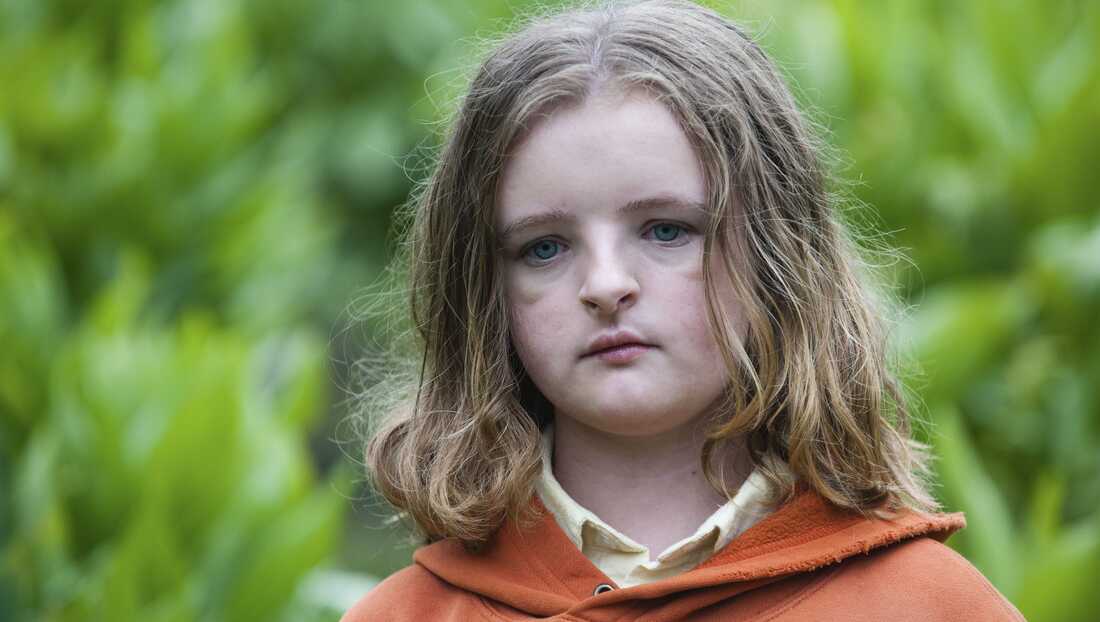
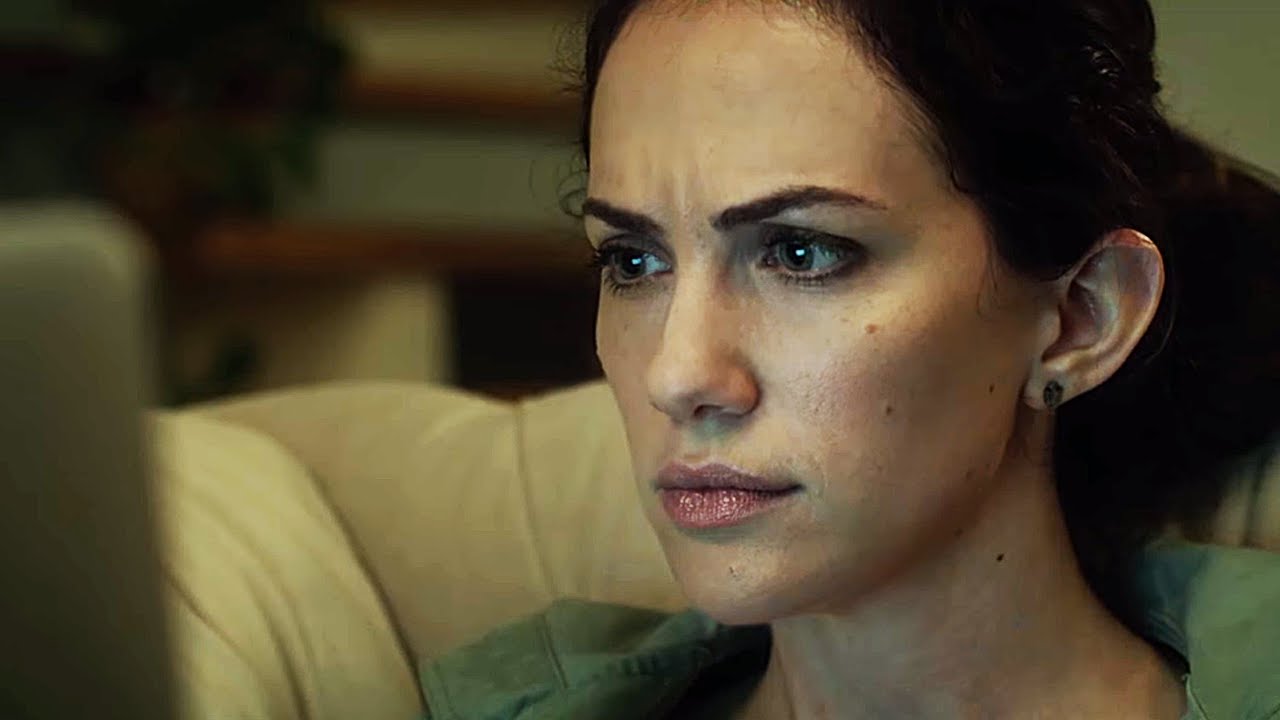
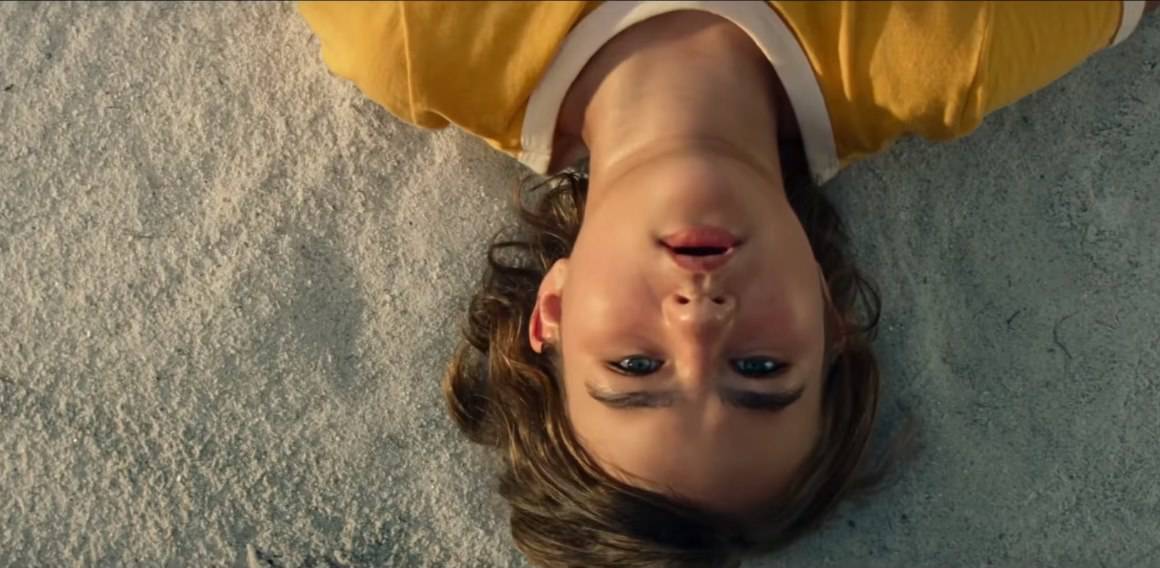
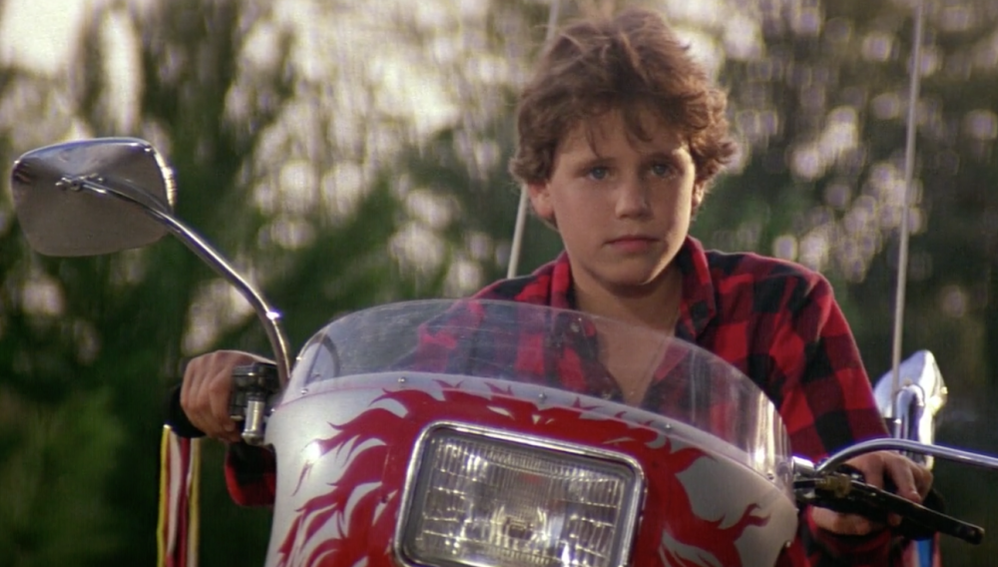
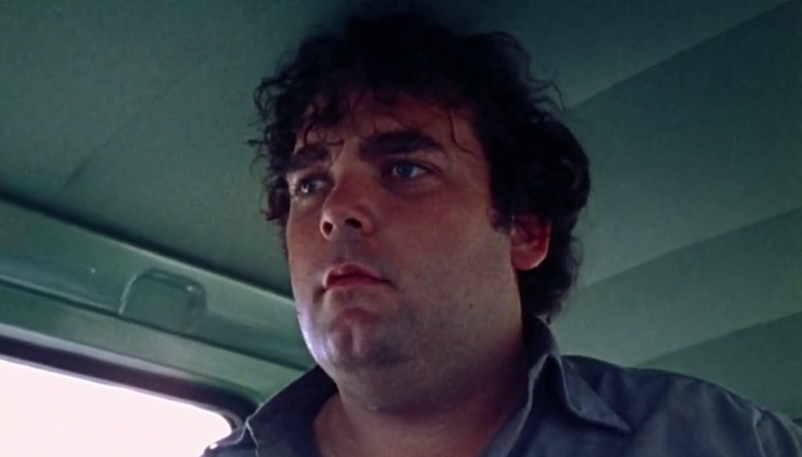
 RSS Feed
RSS Feed